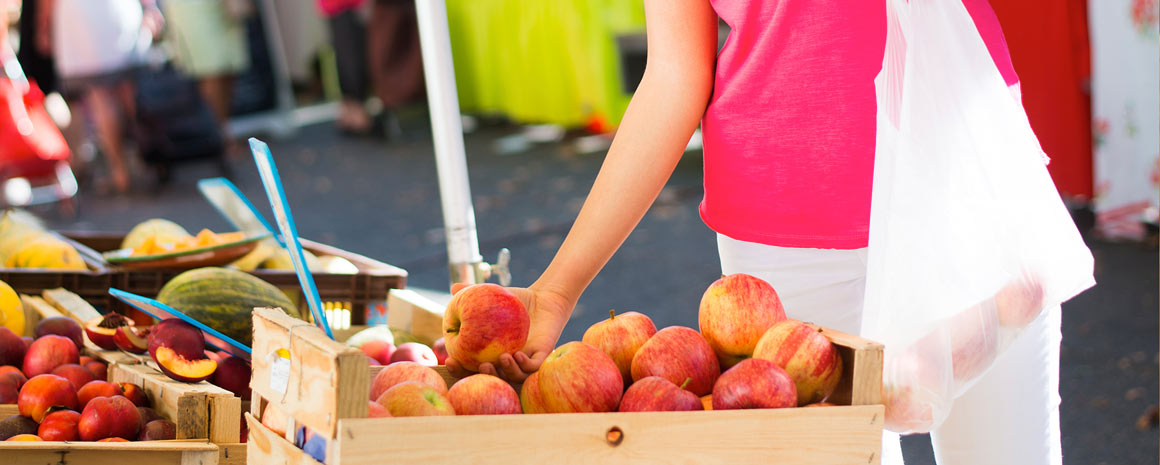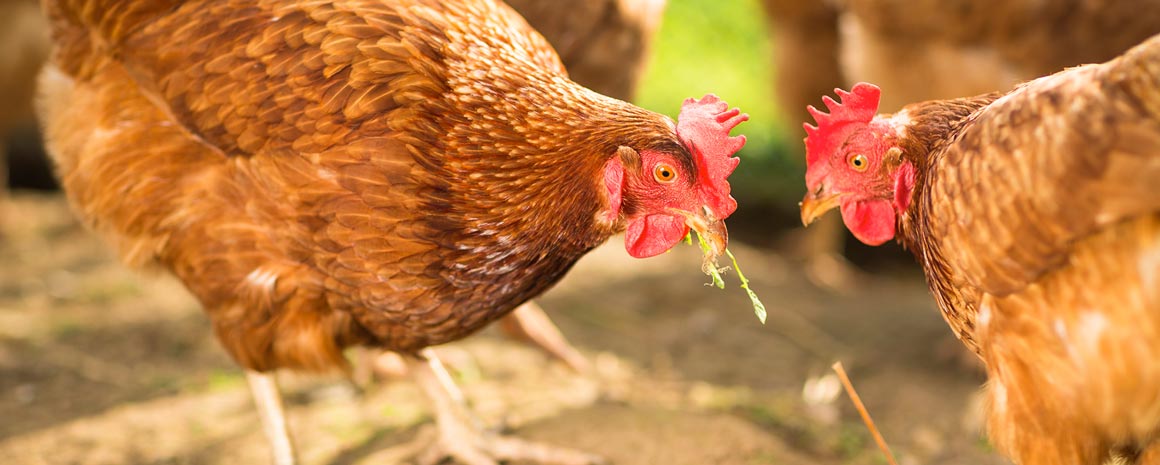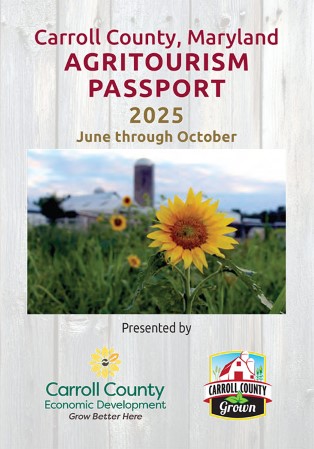
Grow Your Business like A Weed
August 14, 2015
Destination Farmers’ Market
August 14, 2015Protect Your Poultry

It is mid-August already and fall is quickly approaching. Fall brings many exciting changes and wonderful events; however, fall is also a time to be aware of the biosecurity and health of commercial and backyard flocks of chickens and other poultry. Migrating birds that pass through Maryland, in the fall, can carry strains of the contagious avian influenza (bird flu), including highly pathogenic avian influenza (HPAI), and infect domestic birds through direct contact and contact with contaminated materials.
Highly pathogenic avian influenza is characterized by symptoms including but not limited to: sudden death, gasping, nasal discharge, diarrhea, purple discoloration of the legs, waddles, or combs, swelling around the eyes and neck, poor egg production, and lack of energy. Highly pathogenic avian influenza can decimate an entire flock in a few days; there are no confirmed cases of Avian Influenza in Maryland to date. However, preventative measures should be taken to product all flocks of poultry throughout Maryland.
There are some simple steps that can be taken to increase a farm’s biosecurity and aid in the protection of the flock:
- Clean and Disinfect Daily
- Always wash your hands before and after handling the birds or entering their housing. Clothing and boots should be scrubbed vigorously and disinfected between uses. Wash feeding and watering equipment daily. Always disinfect any equipment used for or near the poultry flock and keep their environment clean. Remove all manure and provide clean bedding.
- Prevent Cross-Contamination
- Never share equipment between multiple poultry areas; if you have multiple flocks designate feeders/waters/etc. that belong to each individual flock or species. Always wash and disinfect boots and clothing between poultry houses. One of the easiest ways to spread disease on a farm is by bringing it in on dirty boots.
- Start With Healthy Birds and Keep Them Healthy
- Start out by buying healthy birds from a reputable trader and then invest in proper feed, supplements, and housing in order for them to remain healthy.
- Reduce the Risk of Exposure
- Limit that amount of people and animals that can come in contact with your poultry flocks by using proper fencing and animal housing techniques. If possible, keep your birds inside to limit their contact with wild birds.
- Educate Family, Friends, and Staff
- Make sure that family, friends, and staff are aware of the farm’s biosecurity measures. Take the time to explain how avian influenza is spread and educate the peoples who may contact your birds on how to follow biosecurity measures.
- Post Biosecurity Instruction and Signs
- A simple sign that warns visitors and staff that they are entering a bio-secure area can help prevent accidental contact with non-educated individuals and the poultry.
For more information on avian influenza and how to protect your poultry please visit the Maryland Department of Agriculture (MDA) at http://mda.maryland.gov/Pages/default.aspx. If a flock suffers a sudden number of deaths or for any reason there is suspicion that the poultry has become infected you must call the MDA and report the case immediately! Also, a reminder that after August 25th poultry exhibits will be prohibited at all Maryland Fairs. Commercial poultry operations are one of the largest sectors of the agricultural industry in Maryland; the potential economic impact of widespread avian influenza infects would be extremely detrimental to all Maryland farmers and citizens. It is the responsibility of both commercial and hobby/backyard chicken flocks to engage in actively preventing and managing avian influenza.


